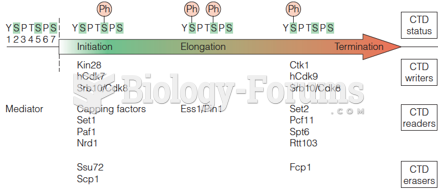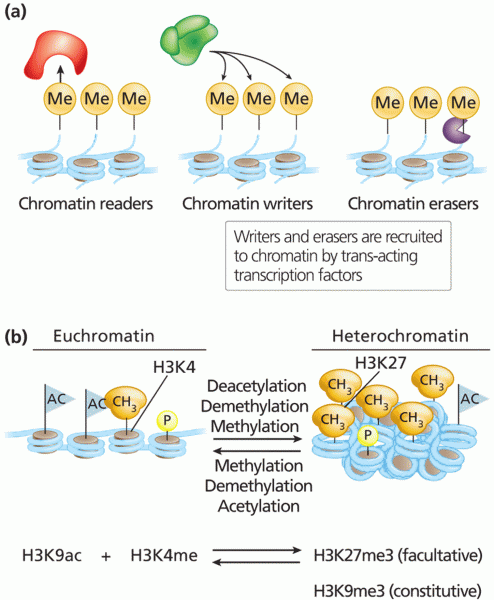|
|
|
In 1844, Charles Goodyear obtained the first patent for a rubber condom.
The first war in which wide-scale use of anesthetics occurred was the Civil War, and 80% of all wounds were in the extremities.
Looking at the sun may not only cause headache and distort your vision temporarily, but it can also cause permanent eye damage. Any exposure to sunlight adds to the cumulative effects of ultraviolet (UV) radiation on your eyes. UV exposure has been linked to eye disorders such as macular degeneration, solar retinitis, and corneal dystrophies.
Sperm cells are so tiny that 400 to 500 million (400,000,000–500,000,000) of them fit onto 1 tsp.
The U.S. Preventive Services Task Force recommends that all women age 65 years of age or older should be screened with bone densitometry.
 Aquatic microclimates: aquatic environments generally show less temperature variation compared to te
Aquatic microclimates: aquatic environments generally show less temperature variation compared to te
 Mutualisms, such as those that occur among plants and pollinators, generally involve large numbers o
Mutualisms, such as those that occur among plants and pollinators, generally involve large numbers o
 Mutualisms, such as those that occur among plants and pollinators, generally involve large numbers o
Mutualisms, such as those that occur among plants and pollinators, generally involve large numbers o




